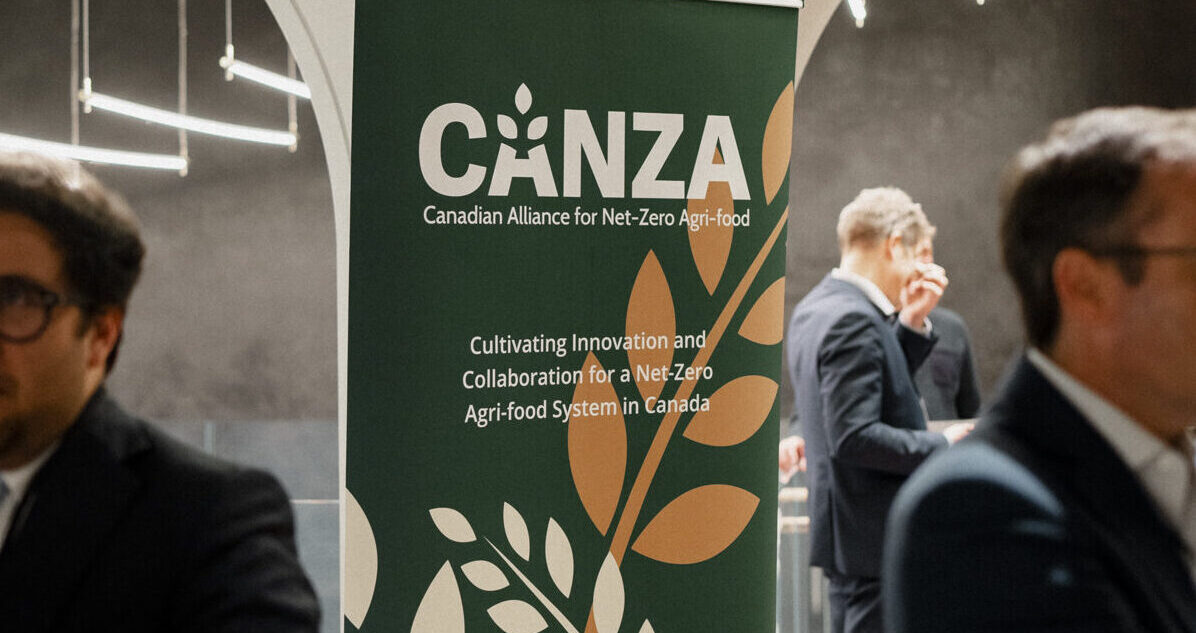What CANZA hopes to achieve
CANZA's two main initiatives will focus on advancing climate-smart agriculture and growing a national biodigester network to reduce greenhouse gas emissions. The alliance will also catalyze new investments and scale projects that advance the technologies, infrastructure, policies and financial mechanisms needed to help farmers implement net-zero solutions.
According to the organization's website, the national biodigester initiative is in its early stages.
The plan is for CANZA to eventually scale to five to eight validation and demonstration projects for both of these initiatives.
CANZA also states if the current trajectory remains unchanged, emissions from the agri-food sector could reach 196 million tonnes by 2050 — 19 per cent of Canada's total emissions.
According to the Canadian government, 10 per cent of Canada's greenhouse gas emissions are from crop and livestock production, excluding emissions from the use of fossil fuels or from fertilizer production.
“With regenerative farming practices and more efficient food processing operations, we can transform our agri-food system and build resiliency both throughout the supply chain and on Canadian farms,” Max Koeune, McCain Foods’ president and CEO, said in a statement.
“We’re thrilled to continue our journey towards planet-friendly food alongside like-minded industry organizations to launch CANZA.”
The organization is currently seeking an individual to fill the role of its inaugural managing director.
CANZA’s goals and research projects
The organization’s website discusses its efforts to create a regionally representative measurement, reporting and verification framework for environmental outcomes of climate-smart practices, as well as enabling agri-food corporations to report these outcomes as part of their Scope 3 emissions inventory.
The design and development of the framework has begun with a pilot project in Saskatchewan, alongside soil science teams at the University of Guelph and the University of Saskatchewan. It will examine key performance indicators like accuracy or replicability, uncertainty, cost and ease of use.
CANZA also initiated its first pilot project in Saskatchewan in May, in partnership with Hebert Grain Ventures. The aim is to focus on developing tools and processes that could aid in monitoring and estimating soil carbon sequestration.
The 12-month long pilot will utilize Hebert Grain’s 32,000 acres of canola and grain farmland.
“The pilot project (asks) how can we work together to make agriculture one of the first net-zero industries, because I do believe fully and based on our data, and the work we’ve already done, that primary producers are net sequesters of carbon, and we should be able to sell it up the chain and insets,” Kristjan Hebert, president of Hebert Group, said in a statement.
"So that as an industry, we can show the world that not only are we feeding it, we’re also net-zero.”




